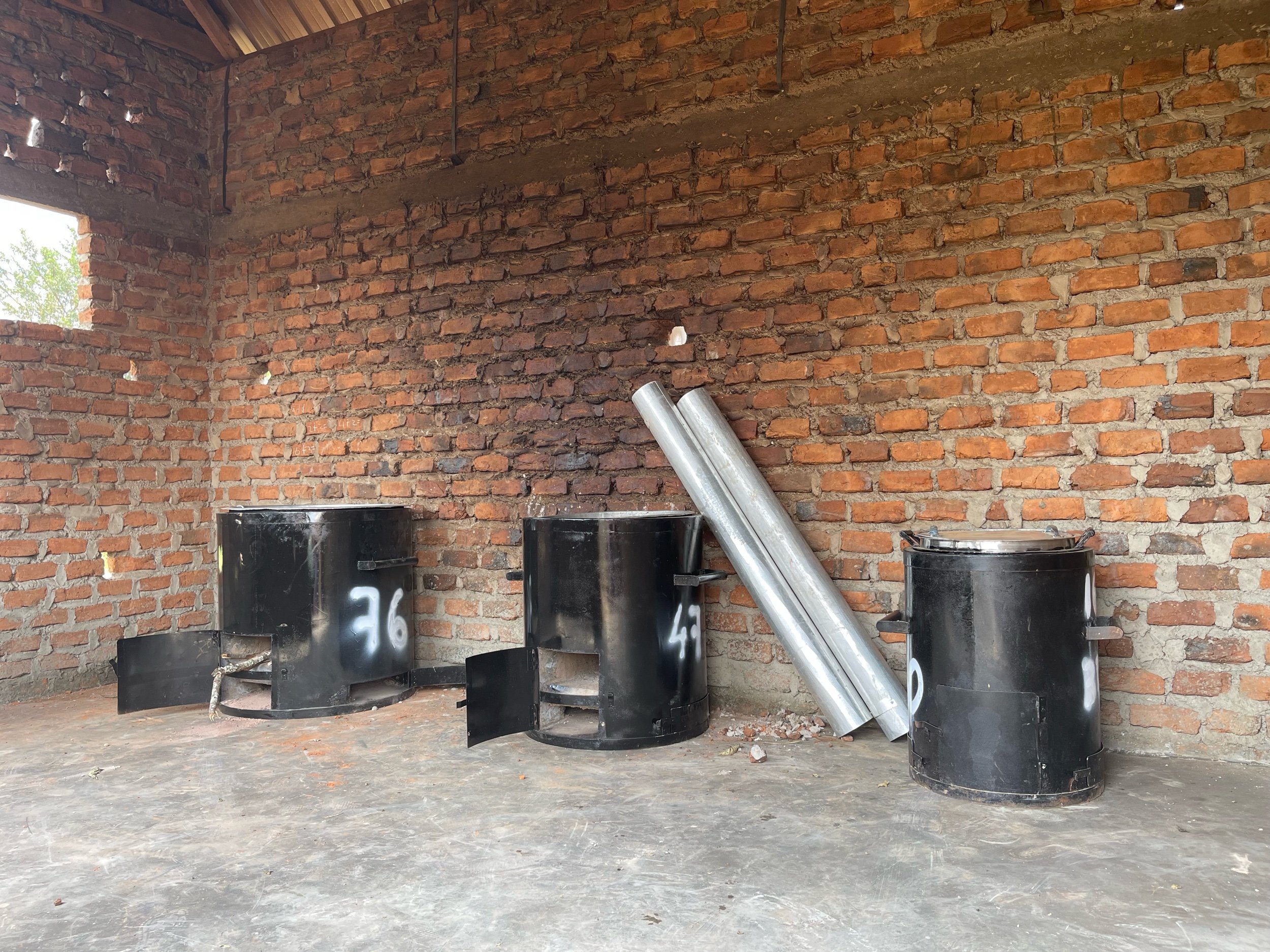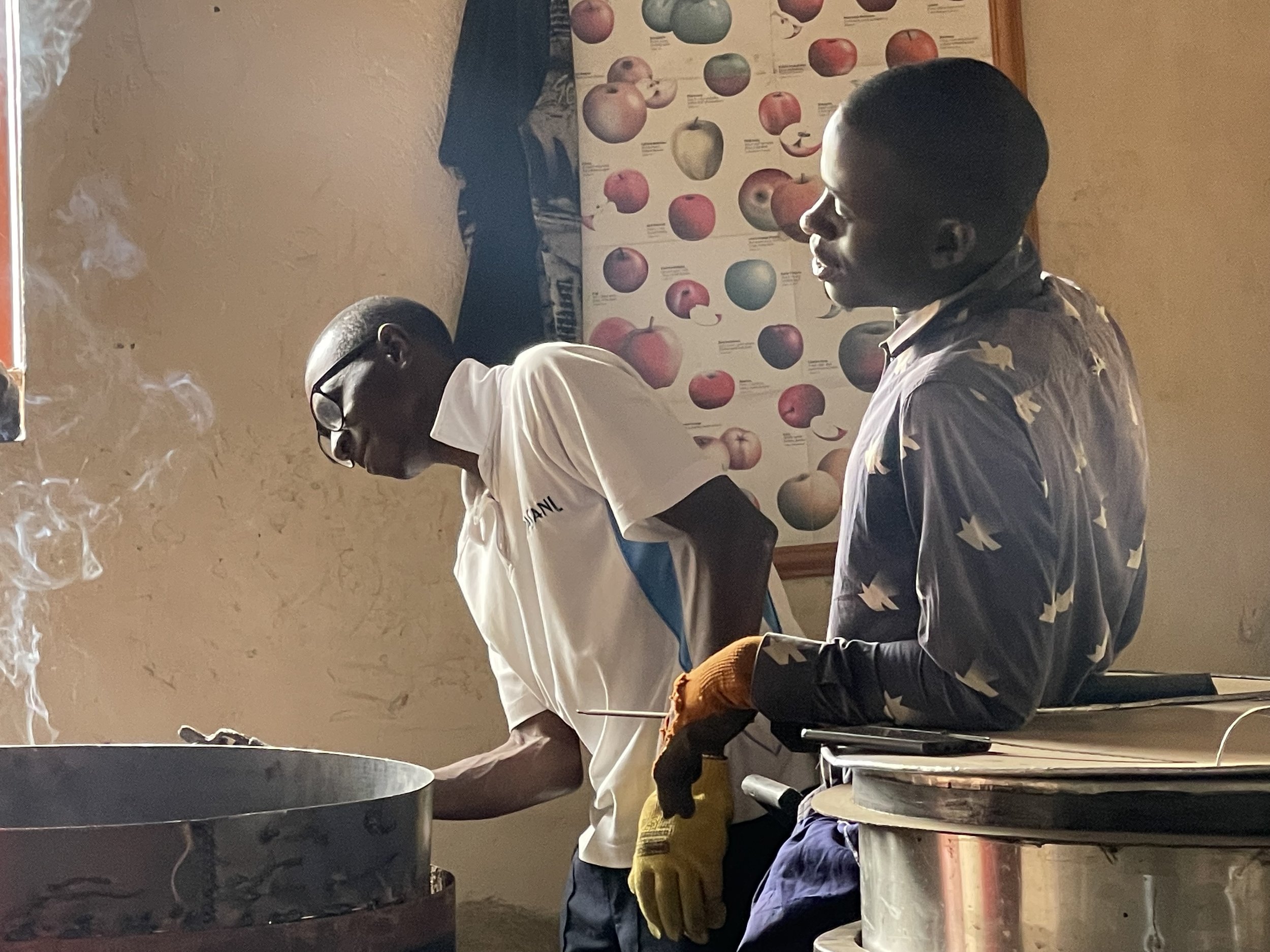Since 2016, Simoshi has been working hand in hand with the UNFCC and the GS through its registered Project Activity “Institutional Improved Cook Stoves for Schools and Institutions in Uganda” (10345 and GS 4364 respectively). With three successful verifications, and a fourth now underway, we have managed to use carbon credit revenues to help over 100 schools move away from traditional 3-stone fires to energy efficient cook stoves.
“Cooking has historically received insufficient investment from public and private sources. As such, the carbon market, with its large funding flows and rapid growth, could provide the financial resources necessary to rapidly expand clean cooking access. However, clean cooking has struggled to attract sustained, large-scale funding flows from the carbon market”, the newsletter reads. Nothing could be more accurate, when back then in 2016, carbon financing was a “bad word’, an “obsolete concept” or a “failed approach”, we stood up to our convictions and continued to pursue our validation and subsequent verifications.
Owen Hewlett, Chief Technical Officer of The Gold Standard Foundation, said, “For the past 15 years the clean cooking community and carbon market have worked together to refine our approaches to estimating and validating the impact of clean cooking projects. Two years ago, we comprehensively overhauled our methodologies. We will need to make further changes in future as we continue to learn how to make these projects even more effective - and as we align with the Paris Agreement and changing norms in the voluntary carbon market.”
UNFCCC earlier undertook a review resulting in changes to the default values used in CDM methodologies for clean cooking, requiring more conservative conversion factors, baselines, fNRB values and stove stacking assumptions.
CCA and UNFCCC are currently supporting additional research on methodology updates as they relate to baselines and fNRB values. GS has updated its cookstove methodologies and introduced conservative default factors, improved monitoring requirements with safeguards and caps including maximum permissible levels for key inputs like baseline fuel and usage rate. And we have updated all of our procedures and Project Design Document to ensure the highest integrity is achieved by our Project Activity intervention.
We welcome the latest developments in the cook stove sector, and hope to see many more high quality projects using carbon financing as a tool to deliver the much needed clean cooking devices this part of the world needs.

















































